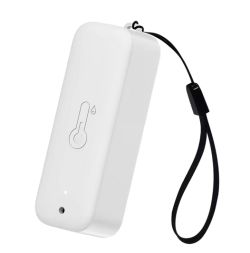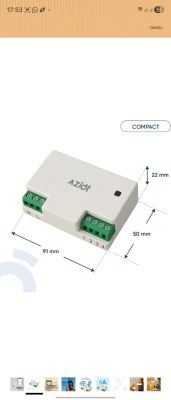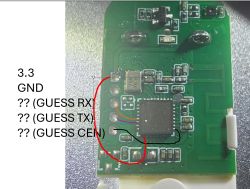Please help me with the weather reading from the server on the browser reads ok
.
Browser readout
{
"coord": {
"lon": 23.1,
"lat": 52.01
},
"weather": [
{
"id": 802,
"main": "Clouds",
"description": "clouds small",
"icon": "03d"
}
],
"base": "stations",
"main": {
"temp": 20.24,
"feels_like": 20.64,
"temp_min": 20.24,
"temp_max": 20.24,
"pressure": 1014,
"humidity": 89,
"sea_level": 1014,
"grnd_level": 997
},
"visibility": 4885,
"wind": {
"speed": 3.85,
"deg": 333,
"gust": 7.98
},
"clouds": {
"all": 47
},
"dt": 1720375922,
"sys": {
"country": "EN",
"sunrise": 1720318618,
"sunset": 1720378066
},
"timezone": 7200,
"id": 776175,
"name": "Biała Podlaska",
"cod": 200
}
void odczytSerPog() {
WiFiClient client;
HTTPClient httpPP;
String serverName ="http://api.openweathermap.org/data/2.5/weather?lat=52.01...";
httpPP.begin(client, serverName );
welcome += httpPP.getString();
WebSerial.println(welcome);
httpPP.end();
}Browser readout
{
"coord": {
"lon": 23.1,
"lat": 52.01
},
"weather": [
{
"id": 802,
"main": "Clouds",
"description": "clouds small",
"icon": "03d"
}
],
"base": "stations",
"main": {
"temp": 20.24,
"feels_like": 20.64,
"temp_min": 20.24,
"temp_max": 20.24,
"pressure": 1014,
"humidity": 89,
"sea_level": 1014,
"grnd_level": 997
},
"visibility": 4885,
"wind": {
"speed": 3.85,
"deg": 333,
"gust": 7.98
},
"clouds": {
"all": 47
},
"dt": 1720375922,
"sys": {
"country": "EN",
"sunrise": 1720318618,
"sunset": 1720378066
},
"timezone": 7200,
"id": 776175,
"name": "Biała Podlaska",
"cod": 200
}






